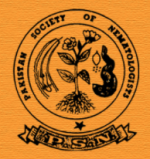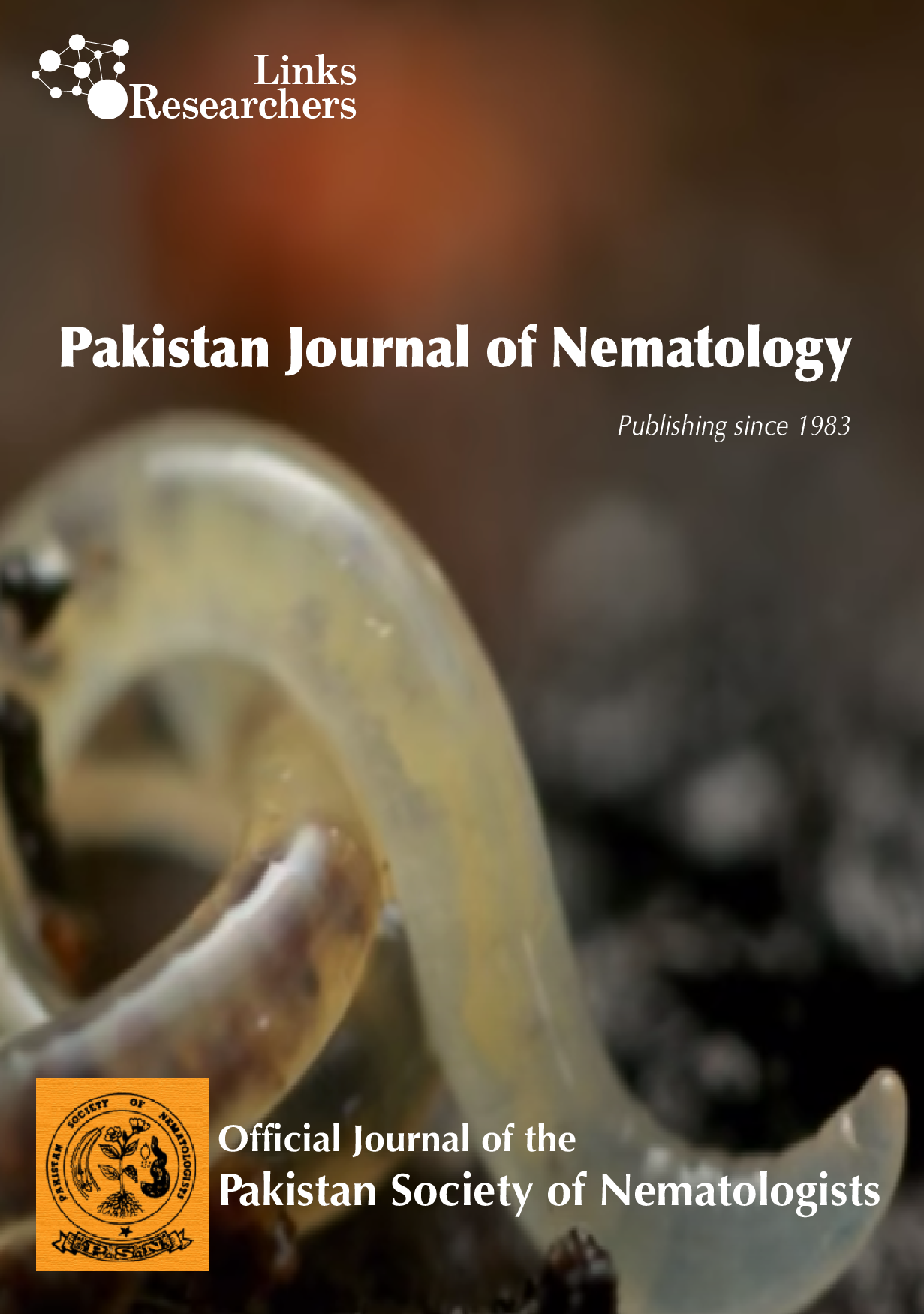Effect of Artificial Mediated Abiotic Components against Plant-Parasitic Nematodes
Effect of Artificial Mediated Abiotic Components against Plant-Parasitic Nematodes
Mahmoud M.A.Youssef and Wafaa M. A. El-Nagdi
ABSTRACT
The artificial mediated abiotic components such as soil temperature, dry heat, irradiation and CO2 can work for controlling plant-parasitic nematodes. Higher soil temperatures with transparent or black plastic cover reduced citrus nematode, Tylenchulus semipenetrans on navel orange and reniform nematode, Rotylenchulus reniformis on sunflower. Also, dry heat was used to control rice root nematode, Hirschmanniella oryzae on rice soil and root and wheat soil. Several investigators reported that number of galls and egg-masses of root-knot nematode, Meloidogyne incognita on roots of several plants were reduced gradually by increasing gamma irradiation doses. When tomato plants infected by root-knot nematode, Meloidogyne incognita were exposed to combined elevated atmospheric CO2 concentration (+100 ppm) and higher temperature (+2oC), tomato shoot dry weight and nematode control were increased compared to prevailing conditions.
To share on other social networks, click on any share button. What are these?





